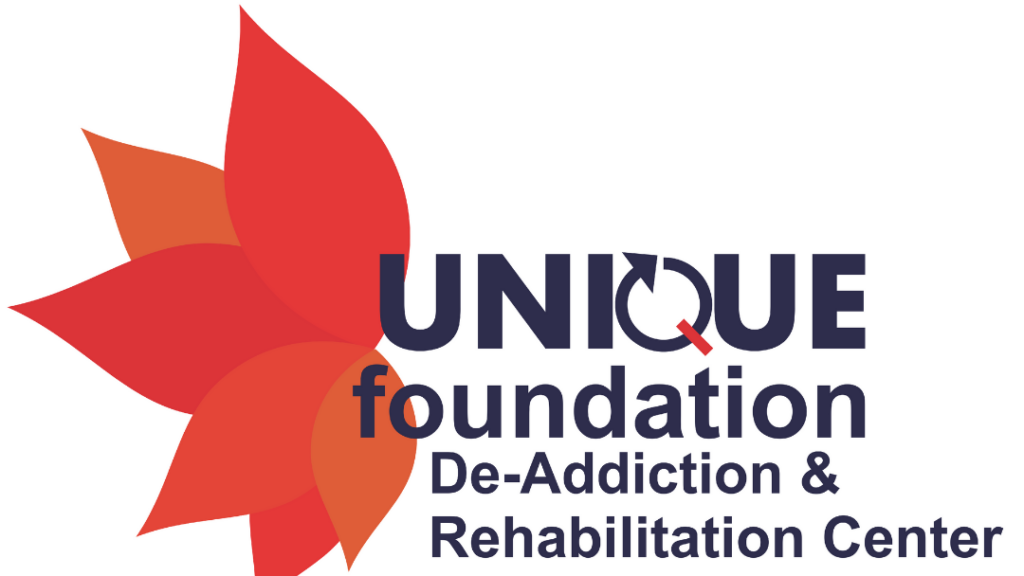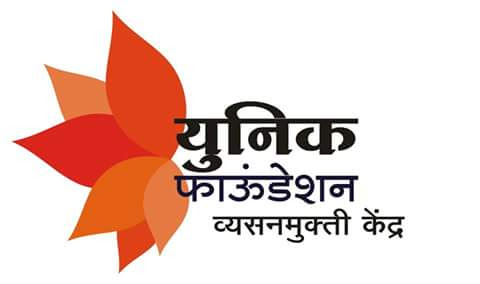Trained staff / Ward Incharge

In a de-addiction center, a trained staff member or ward incharge plays a crucial role in supporting individuals through their recovery journey from substance abuse. Here are the responsibilities and qualifications typically associated with such a role:
- Supervision and Management: The ward incharge oversees the daily operations of the facility. This includes managing staff, coordinating schedules, and ensuring the smooth functioning of the center.
- Patient Care: They are responsible for the well-being of the patients under their care. This involves monitoring their progress, addressing their needs, and ensuring they follow treatment plans.
- Counseling and Support: A trained staff member may conduct individual or group counseling sessions to assist patients in coping with their addiction, providing guidance, support, and strategies for recovery.
4.Medication Management: In some cases, they may be responsible for administering medications as prescribed by medical professionals and ensuring compliance.
5.Documentation and Reporting: Maintaining accurate records of patient progress, treatment plans, and any incidents that occur within the center is essential. They may also prepare reports for management or regulatory bodies.
Qualifications and Skills:
5.Documentation and Reporting: Maintaining accurate records of patient progress, treatment plans, and any incidents that occur within the center is essential. They may also prepare reports for management or regulatory bodies.
Qualifications and Skills:
- Education: A bachelor’s or master’s degree in psychology, counseling, social work, nursing, or a related field is often required.
- Certifications: Some positions may require certification in addiction counseling or a related area.
- Experience: Prior experience working in addiction treatment centers or similar healthcare settings is highly beneficial.
- Interpersonal Skills: Excellent communication, empathy, and the ability to build rapport with patients are crucial.
- Leadership Abilities: Strong leadership skills to manage a team effectively and make critical decisions.
- Understanding of Addiction: Knowledge of addiction, its causes, effects, and evidence-based treatment methods is essential.

